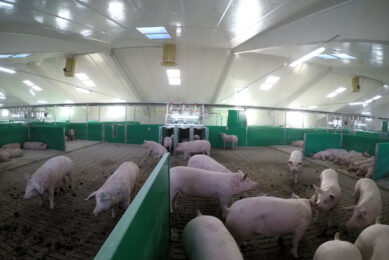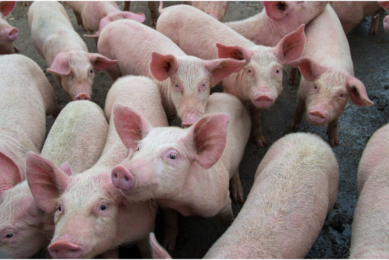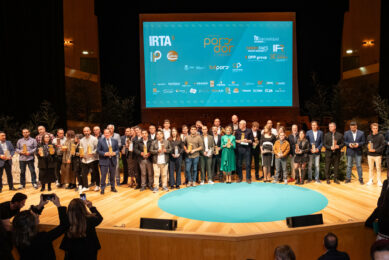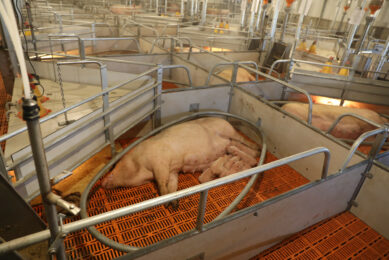RESEARCH: Australia examines Iberian traditional pig farming
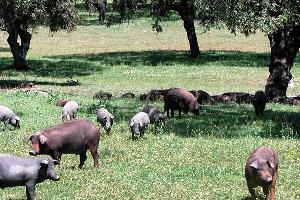
Australia’s Department of Agriculture is starting a trial looking at dehesa, a traditional Iberian pastoral management system, known for producing the distinctive Iberian black pig ham. The department wants to evaluate its use in Western Australia as a sustainable alternative alongside present farms. The system prevails in marginal areas, with rocky and acidic soils.
Dehesea is a traditional farming system originating in Spain, that makes use of marginal lands with a mix of open pasture and tree cover. The famous Jamon Ibérico, the ham coming from the black pigs fed on acorns, is this traditional farming’s most profitable product.
The trial, which will take place at Wongan Hills, will start by testing if it is possible in Australian conditions to grow two species of trees—the Holm Oak (Quercus ilex) and Evergreen Oak (Quercus engelmannii)—that are widely used on dehesa land.
Originating from Southern Spain and Portugal, dehesa (in Portugal, montando) is a mixed pastoral management method that uses a combination of trees, livestock and pasture.
Department Officer Dr Imma Farre is conducting the research and says dehesa was originally designed to make use of poor quality land in those countries.
“The Spanish dehesa farming system occurs in areas where traditional cropping would be unprofitable, especially on poor and acidic soils,” she says. “In Spain this system has developed in areas that were originally not cleared for cropping because of soils being poor, rocky or too steep.
“It makes use of marginal land and creates an economic activity in an area that is otherwise unproductive. The system creates a symbiotic relationship between these layers to boost the land’s productivity,” Dr Farre says.
“Livestock is the main economic activity and comprises pigs with either sheep or cattle, the pastures are the main source of fodder for the livestock with the trees providing shade for the animals in the intense summer heat and the acorns feed the pigs during the summer feed gap.”
Dehesa land in Spain and Portugal has produced the Black Iberian pig, from which the high value product known as jamón ibérico is made.
The main aim of the trials is not to see whether dehesa is a viable replacement for present farming systems, but rather as an alternative system that can sustainably be used alongside present systems in Australia, with an eye to the future.
Source: www.sciencewa.net.au



